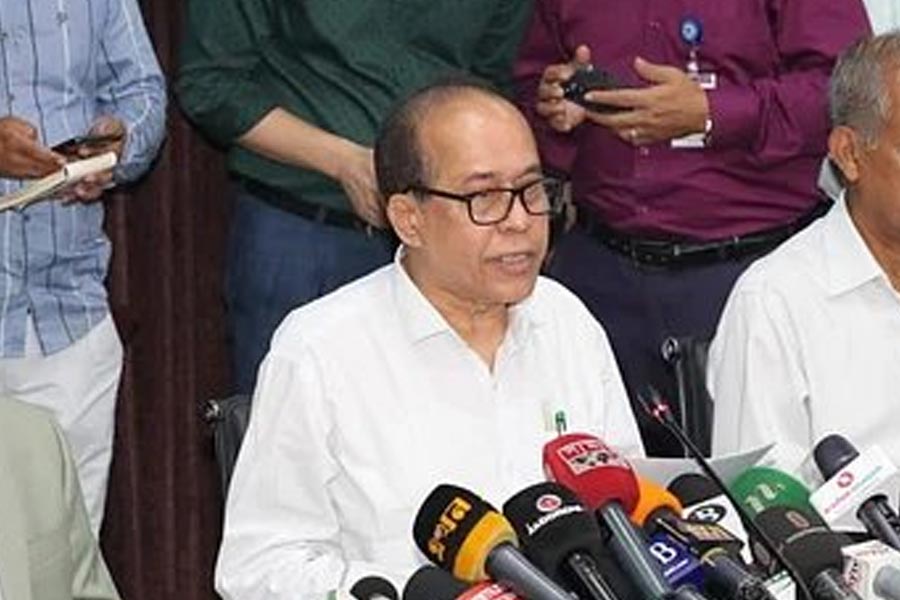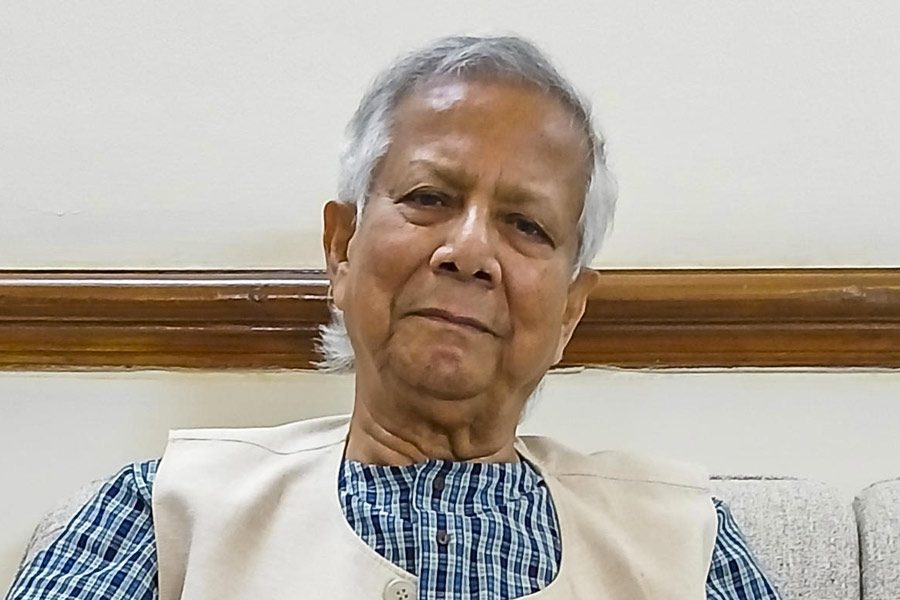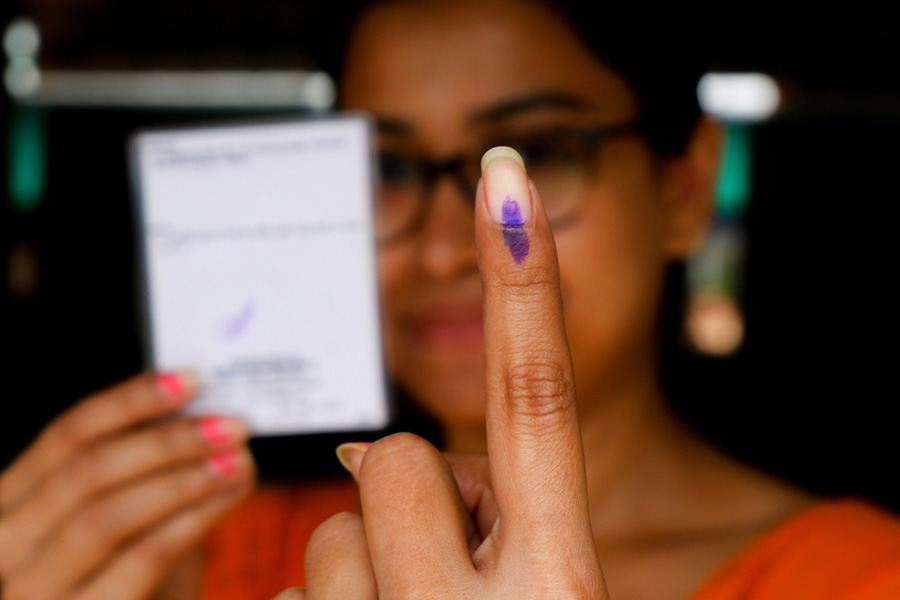Bangladesh's entire five-member election commission, headed by Chief Election Commissioner Kazi Habibul Awal, resigned on Thursday, amid a massive political transition, marking the first time the country's Election Commission has stepped down before the completion of its scheduled term.
Awal was appointed as CEC for a five-year term in February 2022.
Army troops were guarding inside and at the election commission office premises as a large number of protesters rallied in front of the building at Agargaon area in the capital, chanting slogans against Awal and other commission members.
The commission came under outrage, particularly for conducting the January 7 general election boycotted by most parties, including the main opposition Bangladesh Nationalist Party (BNP), which resulted in the re-election of Sheikh Hasina’s Awami League for the fourth consecutive term.
Addressing reporters at a press conference in his office, Awal said in the 53-year history of Bangladesh, there is no instance that any election commission voluntarily resigned without completing its term.
The CEC and the other commissioners – Brig Gen Md Ahsan Habib Khan (Retd), Rashida Sultana, Md Alamgir and Md Anisur Rahman – resigned exactly one month after the fall of Sheikh Hasina’s government on August 5.
Despite being appointed for a five-year term according to the constitution, the Awal-led commission stepped down after just two-and-a-half years, after taking office on February 27, 2022.
"In the current system, we believe that a free, fair election - free from black money, muscle power, and influence of the administration and police - cannot be ensured by merely restructuring the commission,” Awal said in a statement.
In the nearly 700-word statement that he read out before reporters just ahead of announcing his resignation, Awal said fundamental reforms were necessary, including changes in the electoral process, political culture and "behaviour of candidates", recommending proportional representation-based elections, multi-phase voting, and elections conducted under non-partisan caretaker governments to ensure fairness and transparency.
“If all future general elections are held under a non-party caretaker government, the goal (of fair elections) could be achieved with more certainty,” he said, referring to the controversies of all elections taking place under party governments since 1973 and relative fairness of polls under non-party caretaker governments in 1991, 1996, 2001 and 2008.
Awal also suggested introduction of “proportional representation” in the election system taking into account the homogeneous nature of Bangladesh population, saying that the country "could be an ideal setting for a proportional representative (party-based) election”.
Awal said the last general election drew controversy “logically as it was not an inclusive one”.
"Since the election was not inclusive in terms of participation of the political parties, it has been controversial. It is correct and logical. The election was held within the party. It was within not between (the parties)," he said.
The political turmoil in Bangladesh earlier saw resignation of parliamentary speaker Shirin Sharmin Chaudhury, Chief Justice Obaidul Hassan and all judges of the apex Appellate Division of the Supreme Court and massive reshuffle and retrenchment in civil administration including police and financial sectors.
Except for the headline, this story has not been edited by The Telegraph Online staff and has been published from a syndicated feed.












